Search
Remove Ads
Advertisement
Summary 
Loading AI-generated summary based on World History Encyclopedia articles ...
Search Results
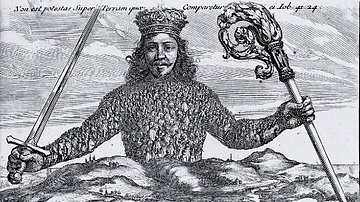
Image
Leviathan Frontispiece
The frontispiece to Leviathan by the English philosopher Thomas Hobbes (1588-1679) which was published in 1651. Engraving by Abraham Bosse.
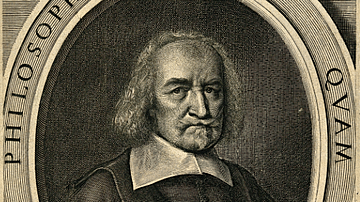
Definition
Thomas Hobbes
Thomas Hobbes (1588-1679) was an English philosopher who famously summarised his pessimistic view of human nature in his greatest work, Leviathan, published in 1651. Hobbes believed that the life of humanity in the state of nature is short...

Definition
State of Nature
The state of nature is an idea which became especially popular with certain philosophers during the Enlightenment, notably Thomas Hobbes (1588-1679), John Locke (1632-1704), and Jean-Jacques Rousseau (1712-1778). It refers to a state of existence...
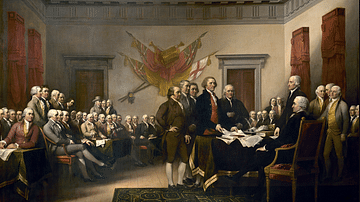
Definition
Social Contract
The social contract is an idea in philosophy that at some real or hypothetical point in the past, humans left the state of nature to join together and form societies by mutually agreeing which rights they would enjoy and how they would be...
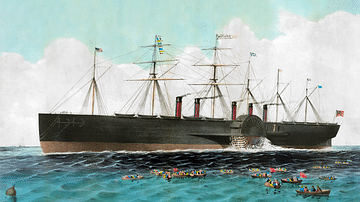
Definition
SS Great Eastern
The SS Great Eastern was a steam-powered ship designed by Isambard Kingdom Brunel (1806-1859) which sailed on its maiden voyage from Liverpool to New York in June 1860. At the time, it was by far the largest passenger ship ever built, a record...
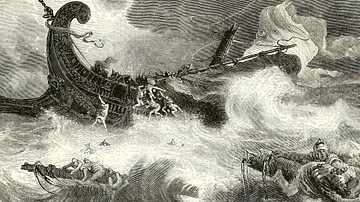
Definition
Yamm
Yamm (from the Semitic word yam for 'sea', also known as Yam and Yam-Nahar) was the god of the sea and storm in the pantheon of the Canaanite-Phoenicians. Depicted consistently as tyrannical, angry, violent, and harsh, Yamm was the brother...

Definition
The Enlightenment
The Enlightenment (Age of Reason) was a revolution in thought in Europe and North America from the late 17th century to the late 18th century. The Enlightenment involved new approaches in philosophy, science, and politics. Above all, the...
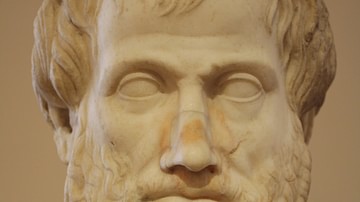
Definition
Aristotle
Aristotle of Stagira (l. 384-322 BCE) was a Greek philosopher who pioneered systematic, scientific examination in literally every area of human knowledge and was known, in his time, as "the man who knew everything" and later simply as "The...
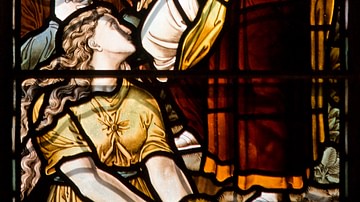
Definition
Nehushtan
According to the Bible, Nehushtan was a metal serpent mounted on a staff that Moses had made, by God's command, to cure the Israelites of snake bites while wandering in the desert. The symbol of snakes on a staff or pole is a motif that is...
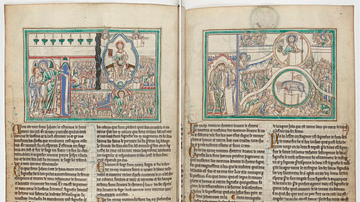
Definition
Book of Revelation
The book of Revelation or the Apocalypse of John of Patmos is one of the most famous books in the New Testament. Written near the end of the 1st century CE, it is the only apokalypsis (Greek: "unveiling of unseen realities") that was included...